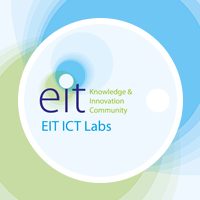CySeP '14 Speakers
Pierangela Samarati (University of Milano, Italy)
| Pierangela Samarati is a Professor at the Department of Computer Science of the Universita` degli Studi di Milano, Italy. Her main research interests are: data security and privacy; access control policies, models and systems; information system security; and information protection in general. She has participated in several projects involving different aspects of information protection. On these topics she has published more than 240 papers in international journals, conference proceedings, and book chapters. She has been Computer Scientist in the Computer Science Laboratory at SRI, CA (USA). She has been a visiting researcher at the Computer Science Department of Stanford University, CA (USA), and at the Center for Secure Information System of George Mason University, VA (USA). |
She is the chair of the IEEE Systems Council Technical Committee on Security and Privacy in Complex Information Systems (TCSPCIS), of the Steering Committees of the European Symposium on Research in Computer Security (ESORICS), and of the ACM Workshop on Privacy in the Electronic Society (WPES). She is member of several steering committees. She is ACM Distinguished Scientist (named 2009) and IEEE Fellow (named 2012). She has been awarded the IFIP TC11 Kristian Beckman award (2008) and the IFIP WG 11.3 Outstanding Research Contributions Award (2012).
She has served as General Chair, Program Chair, and program committee
member of several international conferences.
Yvo Desmedt (University of Texas, Dallas, USA)
 |
Yvo Desmedt is the Jonsson Distinguished Professor at the University of Texas at Dallas, chair at the University College London and a Fellow of the International Association of Cryptologic Research (IACR). He received his Ph.D. (1984, Summa cum Laude) from the University of Leuven, Belgium. He held positions at: Universite de Montreal, University of Wisconsin - Milwaukee (founding director of the Center for Cryptography, Computer and Network Security), and Florida State University (Director of the Laboratory of Security and Assurance in Information Technology, an NSA Center of Excellence since 2000). He has held numerous visiting appointments. He is the Editor-in-Chief of IET Information Security and Chair of the Steering Committees of CANS and ICITS. |
He was Program Chair of e.g., Crypto 1994, the ACM Workshop on Scientific Aspects of Cyber Terrorism 2002, and ISC 2013.He has authored over 200 refereed papers, primarily on cryptography, computer security, and network security. He has made important predictions, such as his 1983 technical description how cyber could be used to attack control systems (realized by Stuxnet), and his 1996 prediction hackers will target Certifying Authorities (DigiNotar was targeted in 2011).
Moti Yung (Google, USA)
 |
Dr. Moti Yung is a Research Scientist with Google Inc. and an Adjunct Senior Research Faculty at the Computer Science Department, Columbia University. Before that he was a member of IBM Research and a consultant to leading companies and governments, including RSA Laboratories. His main research interests are in the areas of Security, Cryptography and Privacy, as well as in Distributed Computing Algorithms, and related areas in Computer Science. In the last 30+ years he has been working on, both, central issues in the scientific foundations and theory in cryptography, innovation in cryptosystems and their relations to systems security, as well as on crucial industrial solutions, and he has published over 400 works. |
In 2010 Moti delivered the annual Distinguished Lecture in Cryptography of IACR (the International Association for Cryptologic Research). He is a fellow of the Association of Computing Machinery (ACM), and a fellow of IACR.
Ahmad-Reza Sadeghi (Darmstadt Technical University, Germany)
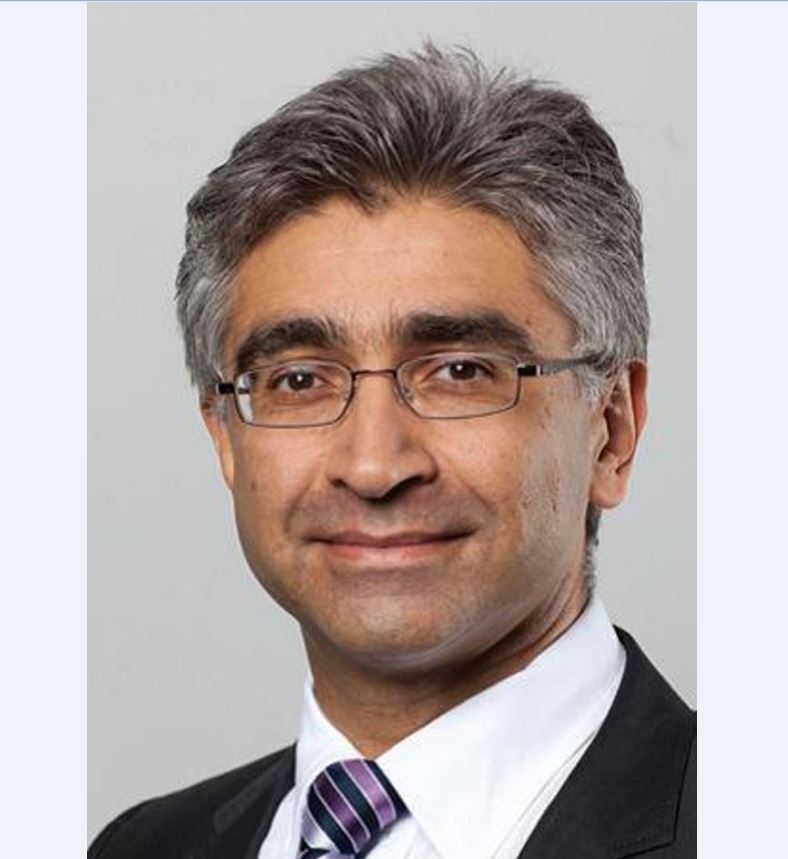 |
Ahmad-Reza Sadeghi is a full professor of Computer Science at the Technische Universitaet Darmstadt, Germany. He is the head of the System Security Lab and Secure Things Research Group at the Center for Advanced Security Research Darmstadt (CASED). Since January 2012 he is also the director of the Intel Collaborative Research Institute for Secure Computing (ICRI-SC) at TU-Darmstadt. He holds a Ph.D. in Computer Science from the University of Saarland in Saarbruecken, Germany. Prior to academia, he worked in R&D of Telecommunications enterprises, amongst others Ericsson Telecommunications. He has been continuously contributing to security and privacy research, in particular to trustworthy mobile and embedded systems. For his influential research on Trusted Computing he received the renowned German "Karl Heinz Beckurts" award. This award honors excellent scientific achievements with high impact on industrial innovations in Germany. |
He served on the editorial boards of the ACM Transactions on Information and System Security (TISSEC). Currently he is on the editorial board of ACM Books and acts as guest editor of the IEEE Transactions on Computer-Aided Design (Special Issue on Hardware Security and Trust).
Jan Camenisch (IBM Research, Switzerland)
 |
Jan Camenisch is a Principal Research Staff Member at IBM Research - Zurich. He holds a Diploma in Electrical Engineering Science from the ETH Zurich (1993). He then worked at Martignoni Electronics, Switzerland, on the design of modems. He has received his Ph.D. from ETH Zurich in 1998. Thereafter, he became a Research Assistant Professor in Computer Science at the University of Aarhus, Denmark. Since 1999, Dr. Camenisch has been a Research Staff Member at the IBM Zurich Research Laboratory, where he has been working in cryptography, network security and privacy. He published over 90 refereed papers in this area and was a chair of a few and a member of numerous scientific program committees and teaches a course on technologies for privacy protection at ETH Zurich. |
Dr. Camenisch was the technical leader of the EU-funded project PRIME and PrimeLife. Dr. Camenisch is an IEEE Fellow and has received a number of awards for this work on privacy-enhancing technologies including the 2013 IEEE Computer Society Technical Award and the 2010 ACM SIGSAC Outstanding Innovation Award. His interests include cryptographic protocols, in particular those supporting privacy and anonymity, and practical secure distributed computation.
N. Asokan (Aalto University, Finland)
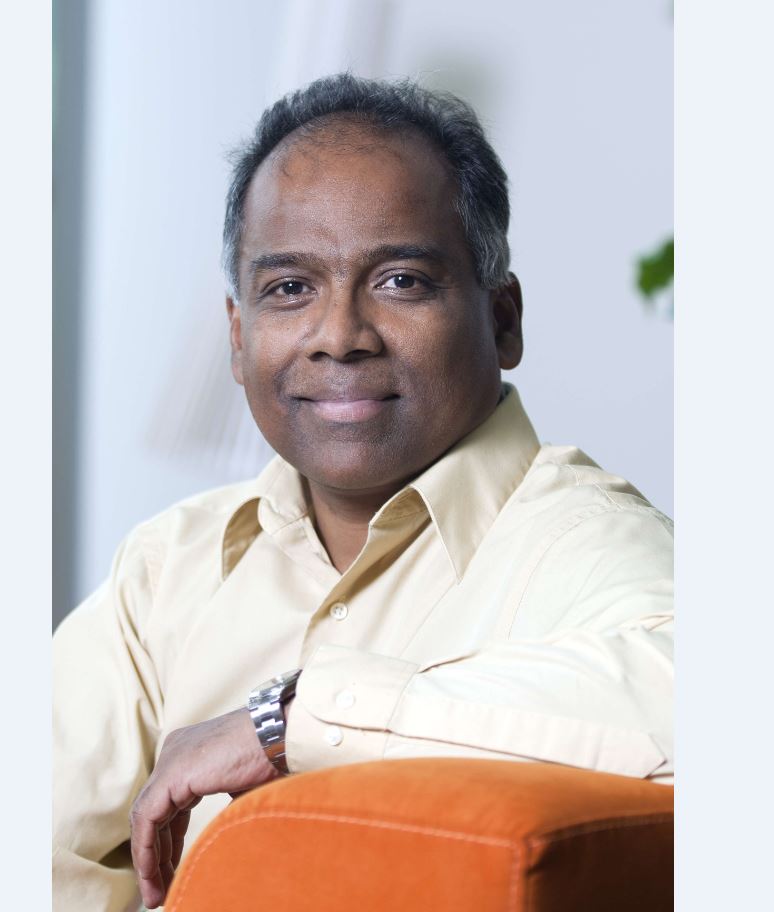 |
N. Asokan is a professor of computer science and engineering at Aalto University and professor of computer science at University of Helsinki. He is the lead academic principal investigator of the Intel Collaborative Research Institute for Secure Computing in Finland. Asokan received his doctorate in Computer Science from University of Waterloo. Prior to joining academia, he spent several years in industrial research, first with IBM Research and then with Nokia Research Center. Asokan is interested in understanding how to build systems that are simultaneously secure, easy to use and inexpensive to deploy. |
Florian Kerschbaum (SAP, Germany)
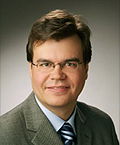 |
Florian is chief research expert at SAP in Karlsruhe, Germany. In the academic year 2011/12 he was on leave as the deputy professor for the chair of privacy and data security at Dresden University of Technology. Before his nine years at SAP he has worked for the San Francisco-based startup Arxan as a software architect. He holds a Ph.D. in computer science from the Karlsruhe Institute of Technology, a master's degree from Purdue University, and a bachelor's degree from Cooperative State University Mannheim. |
Refik Molva (EURECOM, France)
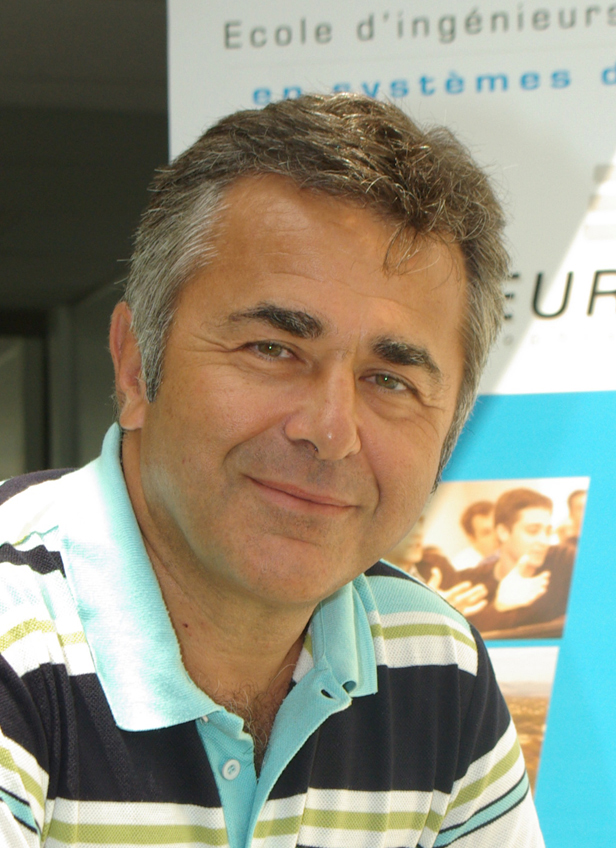 |
Refik Molva is a full professor and the head of the Networking and Security Department at EURECOM in Sophia Antipolis, France. His current research interests are the design and evaluation of protocols for security and privacy in cloud computing. He previously worked on several research projects dealing with security and privacy in social networks, RFID systems, self-organizing systems, and mobile networks. He was program chair or general chair for security conferences such as ESORICS, RAID, SecureComm, IEEE ICC and various security related workshops. He has been an area editor for various journals such as Computer Networks, Pervasive and Mobile Computing, Computer Communications, and the International Journal of Information Security. Beside security, he worked on distributed multimedia applications over high speed networks and on network interconnection. |
Prior to joining Eurécom, he worked in the Zurich Research Laboratory of IBM where he was one of the key designers of the KryptoKnight security system. He also worked as a consultant in security for the IBM Consulting Group. Refik Molva has a Ph.D. in Computer Science from the Paul Sabatier University in Toulouse (1986) and a B.Sc. in Computer Science (1981) from Joseph Fourier University, Grenoble, France.
Ravi Sandhu (University of Texas, San Antonio, USA)
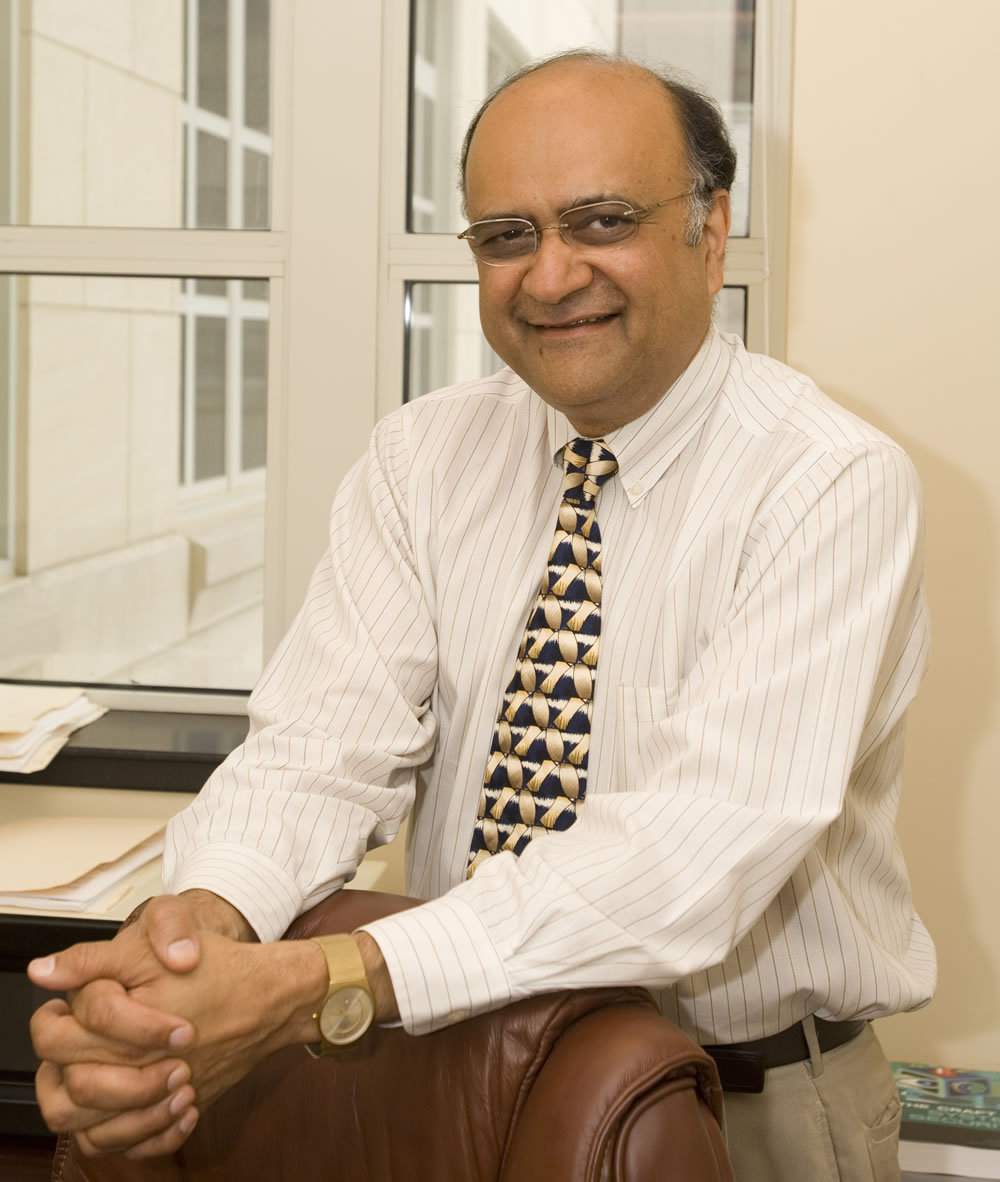 |
Ravi Sandhu is Executive Director of the Institute for Cyber Security at the University of Texas at San Antonio, where he holds the Lutcher Brown Endowed Chair in Cyber Security. Previously he was on the faculty at George Mason University (1989-2007) and Ohio State University (1982-1989). He holds BTech and MTech degrees from IIT Bombay and Delhi, and MS and PhD degrees from Rutgers University. He is a Fellow of IEEE, ACM and AAAS, and has received awards from IEEE, ACM, NSA and NIST. A prolific and highly cited author, his research has been funded by NSF, NSA, NIST, DARPA, AFOSR, ONR, AFRL and private industry. His seminal papers on role-based access control established it as the dominant form of access control in practical systems. His numerous other models and mechanisms have also had considerable real-world impact. |
He served as Editor-in-Chief of the IEEE Transactions on Dependable and Secure Computing, and previsouly as founding Editor-in-Chief of ACM Transactions on Information and System Security. He was Chairman of ACM SIGSAC, and founded the ACM Conference on Computer and Communications Security, the ACM Symposium on Access Control Models and Technologies and the ACM Conference on Data and Application Security and Privacy. He has served as General Chair, Steering Committee Chair, Program Chair and Committee Member for numerous security conferences. He has consulted for leading industry and government organizations, and has lectured all over the world. He is an inventor on 30 security technology patents and has accumulated over 27,000 Google Scholar citations for his papers. At the Institute for Cyber Security he leads multiple teams conducting research on many aspects of cyber security including secure information sharing, social computing security, cloud computing security, secure data provenance and botnet analysis and detection, in collaboration with researchers all across the world.
Radia Perlman (EMC, USA)
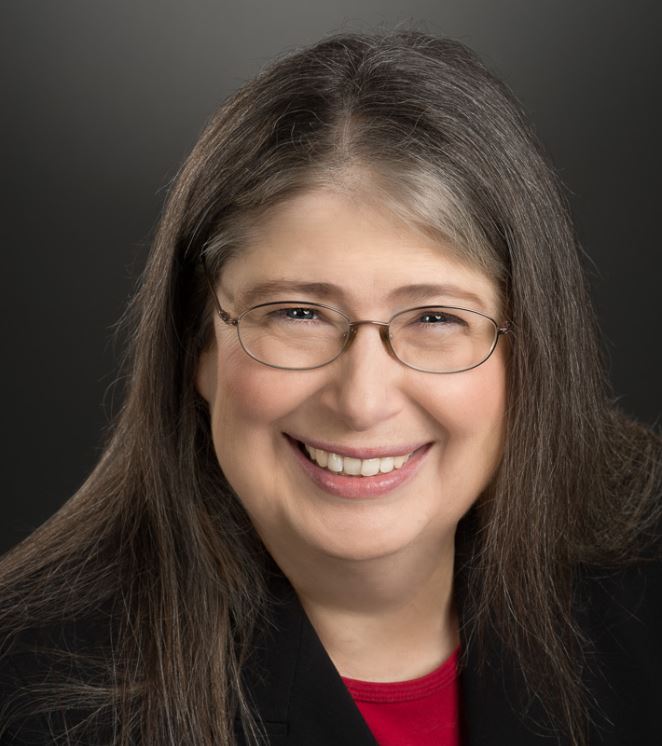 |
Radia Perlman recently joined EMC as an Industry Fellow. She has a long history of contributions to network protocols and security protocols, including the spanning tree algorithm (that converted Ethernet from a single wire to something that can support a fairly large network), robust and scalable link state routing, TRILL (which eliminates the routing limitations of spanning tree), networks resilient to malicious participants, and expiration of data from a cloud. She’s the author of the textbook “Interconnections”, and coauthor of the textbook “Network Security”. She has a PhD from MIT, holds over 100 issued patents, and has received various industry awards, including lifetime achievement awards from ACM’s SIGCOMM and Usenix, and an honorary doctorate from KTH. |
Charlie Kaufman (Microsoft, USA)
 |
Charlie Kaufman has been involved with computer networking and security issues
for over 25 years, and holds over 50 patents in those fields. At Microsoft, he
was the security architect for Windows Azure - Microsoft's Public Cloud
offering - where he was involved with all aspects of cloud security from design
through responding to ongoing attacks. At Lotus, he was chief security architect
for Lotus Notes and Domino and later the entire Lotus product suite. At Digital,
he was the Security Architect for their networking group and later for Digital's
UNIX offering.
He has contributed to a number of IETF standards efforts including IPsec, S/MIME, and DNSsec and served as a member of the Internet Architecture Board. |
He is co-author of the popular textbook "Network Security: Private Communication in a Public World" and served on the National Academy of Sciences expert panel that wrote the book "Trust In Cyberspace".
Milan Petkovic (Philips, Netherlands)
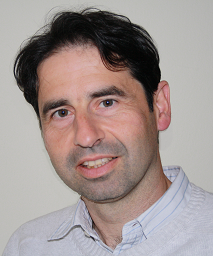 |
Prof. Dr. Milan Petković leads the Data Science department in Philips Research which conducts projects in the domains of data management, analytics, security, and privacy. He is also a part-time computer science professor at the Eindhoven University of Technology. Prof. Petkovic' received his Ph.D. degree in Computer Science from University of Twente, Netherlands. Among his research interests are data science, information security, and privacy protection. Prof. Petkovic' organizes the Secure Data Management workshop series, is a member of several scientific program committees and does reviews for a number of journals and EU research framework programs. He leads and participates in related national and EU projects, such as AU2EU, THeCS, TClouds, UniversAAL, ATTPS, Actor, etc. Prof. Petkovic' was also an executive board member of the Trust in Digital Life initiative and a collaborator of ENISA. |
He has published more than 50 journal and conference papers as well as several books including a book on Security, Privacy and Trust in Modern Data Management.
Keith Martin (Royal Holloway, University of London, UK)
 |
Prof. Keith Martin is Director of the Information Security Group at Royal Holloway, University of London. He received his BSc (Hons) in Mathematics from the University of Glasgow in 1988 and a PhD from Royal Holloway in 1991. Between 1992 and 1996 he held a Research Fellowship at the University of Adelaide, investigating mathematical modelling of cryptographic key distribution problems. In 1996 he joined the COSIC research group of the Katholieke Universiteit Leuven in Belgium, working on security for third generation mobile communications. Keith rejoined Royal Holloway in January 2000, became a Professor in Information Security in 2007 and Director of the Information Security Group in 2010. Keith's current research interests include key management, cryptographic applications and securing lightweight networks. |
He is the author of the recently published “Everyday Cryptography” by Oxford University Press. As well as conventional teaching, Keith is a designer and module leader on Royal Holloway’s distance learning MSc Information Security programme, and regularly presents to industrial audiences and schools.
Valtteri Niemi (University of Turku, Finland)
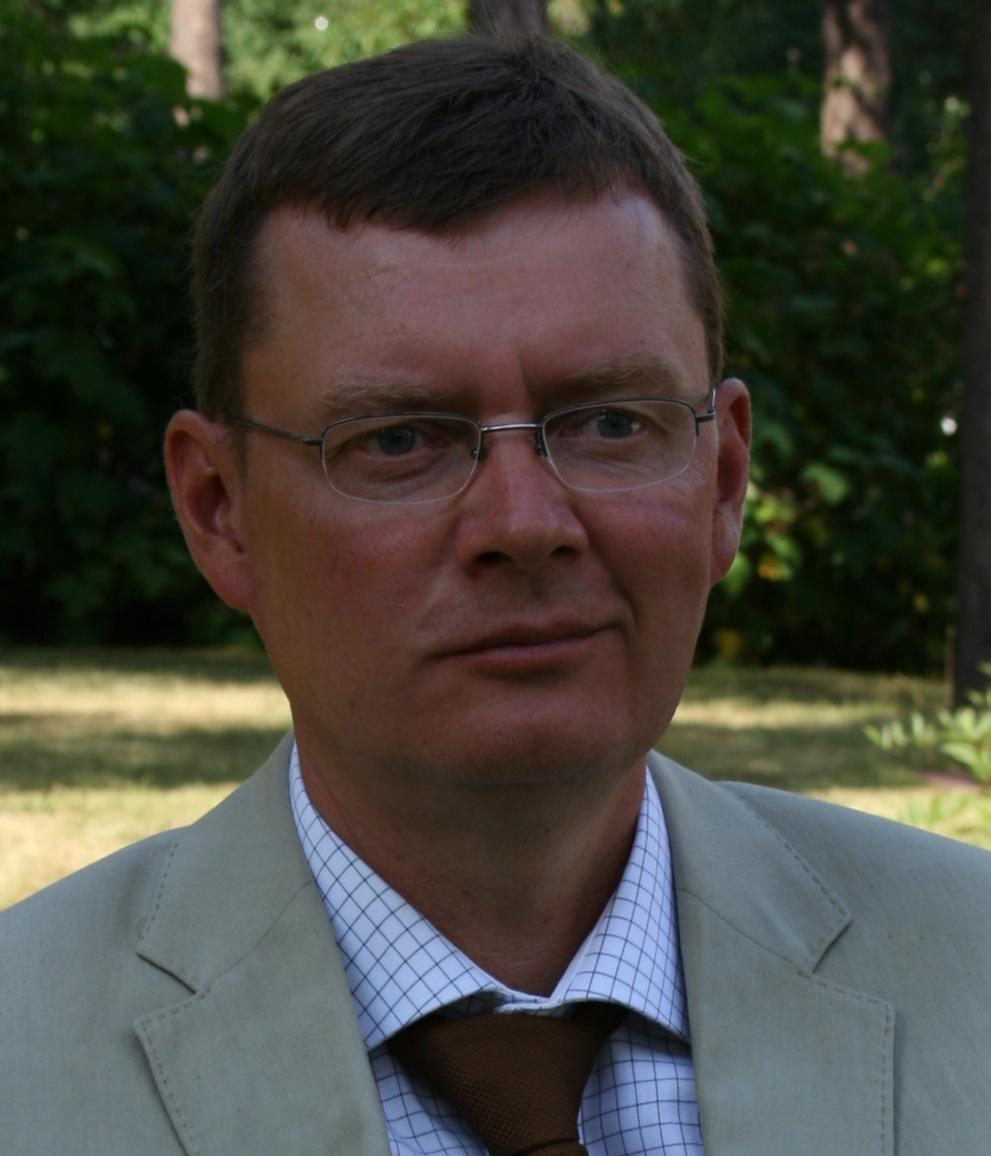 |
Valtteri Niemi received a PhD degree in Mathematics from the University of Turku, Finland in 1989. After serving in various positions in Univ. of Turku, he was an Associate Professor in Mathematics at the University of Vaasa, Finland, during 1993-97. He joined Nokia Research Center (NRC), Helsinki, Finland, in 1997. During 2008-2010 he was at the new NRC laboratory in Lausanne, Switzerland. He was nominated as a Nokia Fellow in January 2009. During 2011, Valtteri was back in NRC/Helsinki. Dr. Niemi contributed in several roles for Nokia research in wireless security area, including cryptological aspects and privacy-enhancing technologies. Starting from 2012, Valtteri has been a Professor of Mathematics in Univ. of Turku, doing research in cryptology and its applications. |
Professor Niemi serves also as a high-end foreign expert in Xidian University, China, for 2014.
Dr. Niemi participated 3GPP SA3 (security) standardization group from its beginning and during 2003-2009 he was the chairman of the group. Before 3GPP, Dr. Niemi took part in ETSI SMG 10 for GSM security specification work.
He has published more than 60 scientific articles and he is a co-author of four books and more than 20 patent families.
Bart Preneel (Katholieke Universiteit Leuven, Belgium)
 |
Prof. Bart Preneel is a full professor at the KU Leuven; he heads the COSIC research group, that is a member of the iMinds Security Department. He was visiting professor at five universities in Europe. He has authored more than 400 scientific publications and is inventor of 4 patents. His main research interests are cryptography, information security and privacy. Bart Preneel has coordinated the Network of Excellence ECRYPT, has served as panel member and chair for the European Research Council and has served as vice-president and president of the IACR (International Association for Cryptologic Research). He is a member of the Permanent Stakeholders group of ENISA (European Network and Information Security Agency) and of the Academia Europaea. He has been invited speaker at more than 90 conferences in 40 countries. In 2014 he received the RSA Award for Excellence in the Field of Mathematics. |
Xavier Larduinat (Gemalto, France)
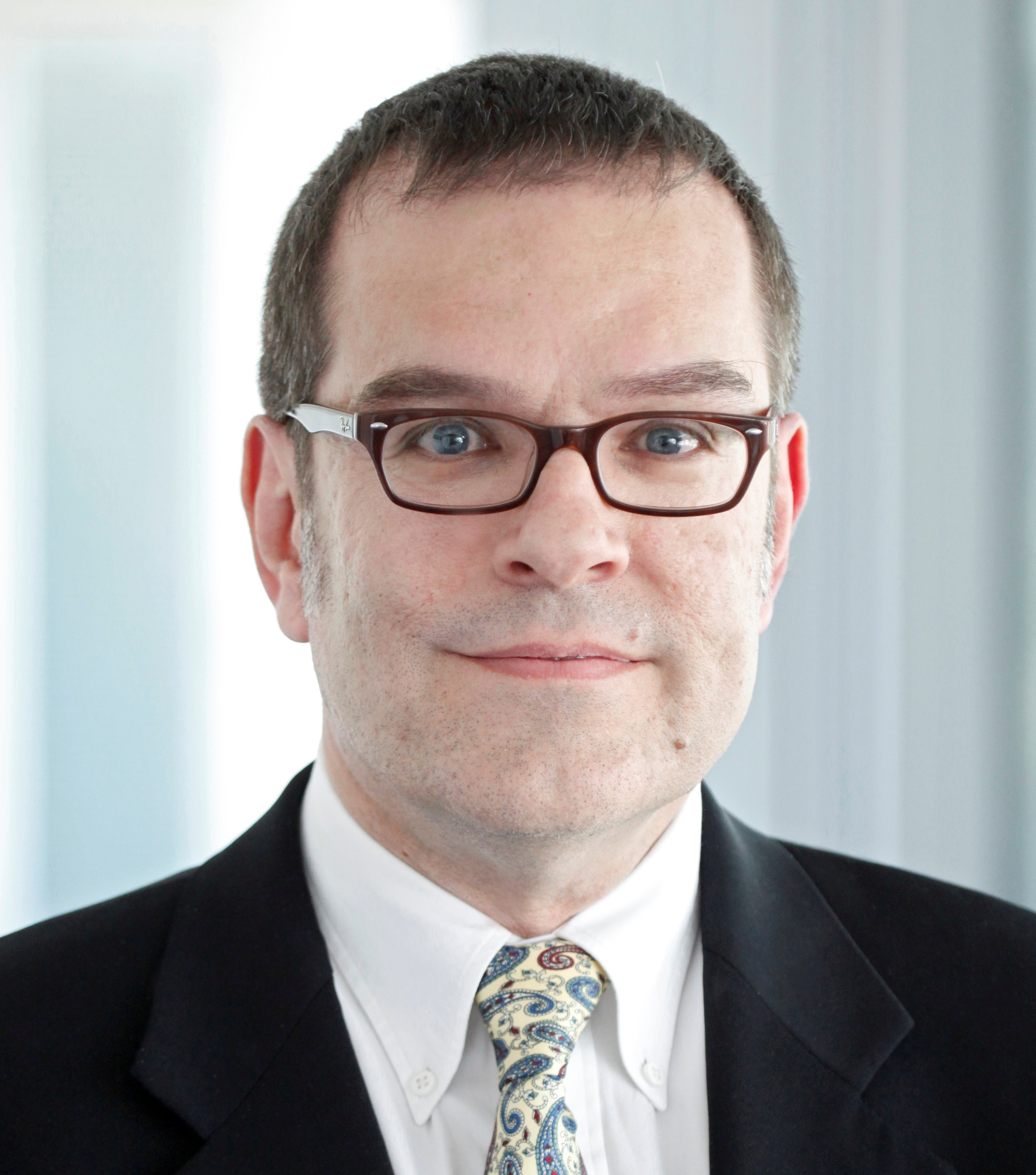 |
Xavier Larduinat is the Marketing & Communication manager for Innovation at Gemalto, in charge of promoting Gemalto as a leading technology brand to provide solutions to secure the Digital World.
Prior to working in the Digital Security market since 2001, Xavier Larduinat spent 14 years in the Semiconductor design and test industry with multiple international Product Marketing assignments including Germany, San Jose, CA and Austin TX. Xavier Larduinat holds a MS degree in Electronics Engineering from INSA Lyon, France, in 1987. |
Jovan Golic (Telecom Italia and EIT ICT Labs)
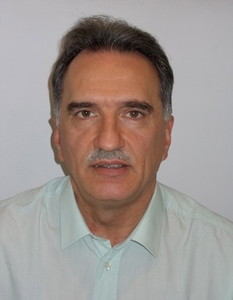 |
Jovan Golic has been doing research in cryptology and information security for about three decades, both with academic institutions and industry. He has contributed to the areas of stream ciphers and pseudorandom number generators including new cryptanalytic methods and design principles, true random number generation in hardware, secure hardware implementations of cryptographic algorithms, format- and syntax-preserving encryption methods, biometric authentication, statistical anomaly detection and intrusion detection, authentication in ad hoc networks, privacy-preserving user profiling, security in information-centric networks, and secret key sharing and key agreement protocols. He has published more than a hundred papers in prestigious international journals and book series and a dozen patents or patent applications. He is a Senior Technical Leader at the Security Lab of Telecom Italia Information Technology. |
Since July 2013, he has been the Action Line Leader for Privacy, Security & Trust of the EIT ICT Labs.
Sebastien Gambs (University of Rennes, France)
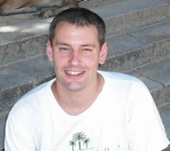 |
Sébastien Gambs is currently holding a joint Research chair in Security of Information Systems between Université de Rennes 1 (France) and Inria since September 2009. His research interests encompass subjects such as location privacy, privacy-preserving data mining, privacy issues in socials networks as well privacy-enhancing technologies in general. He is currently participating in two French national research projects : AMORES, which focuses on the development of privacy-preserving middleware for mobiquitous systems, and LYRICS, which deals with the conception of privacy-preserving mobile contactless services based on lightweight cryptography. At the European level, he has help to set up the « Privacy, Security and Trust » action line of EIT ICT labs that he has managed for one year. |
In addition, from 2012 to 2013, he was leading an EIT activity on « security and privacy for location-based services ».
Jorge Lopez Hernandez-Ardieta (Indra, Spain)
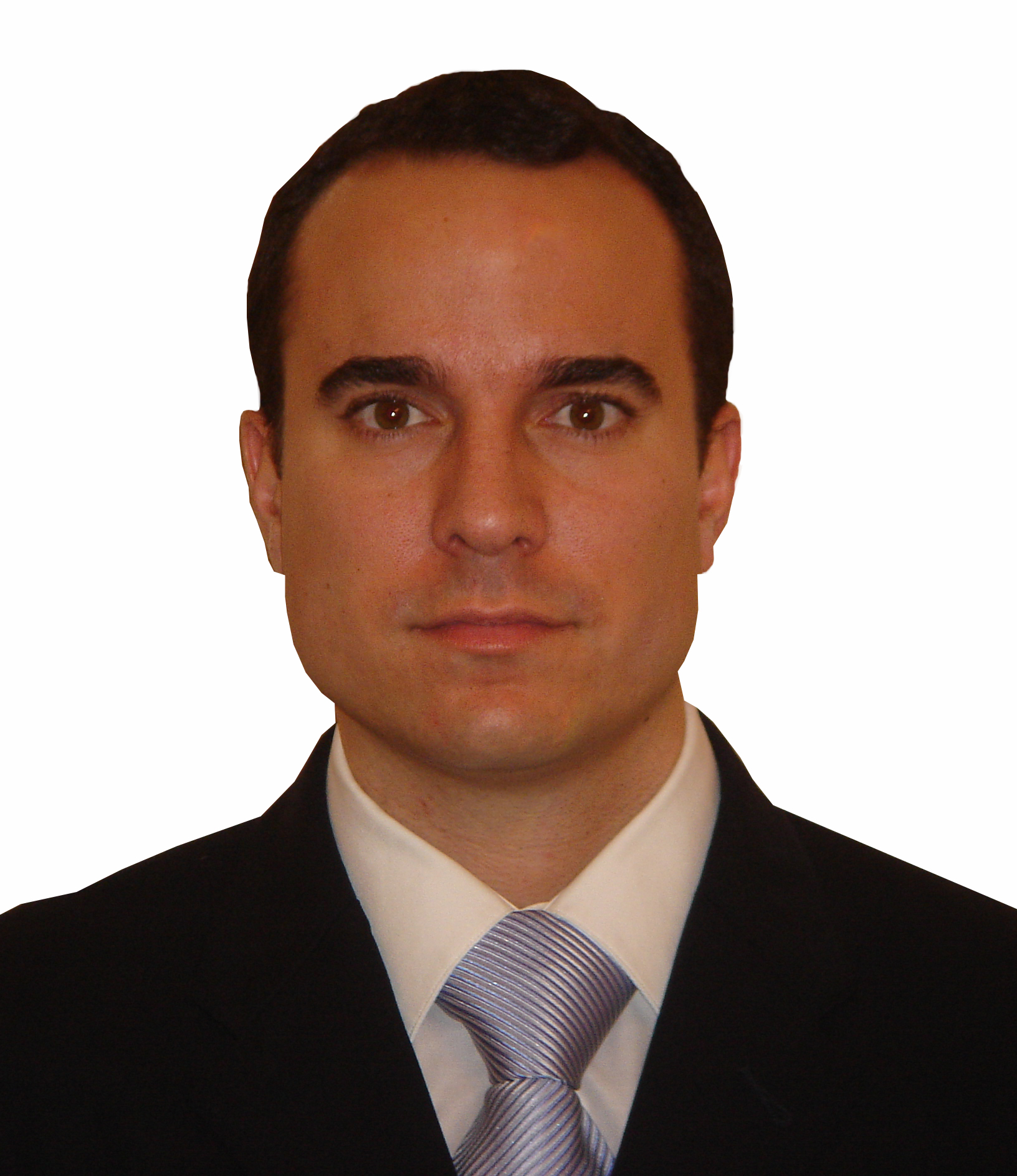 |
Dr. Jorge Lopez Hernandez-Ardieta holds a B.Sc. and M.Sc. in Computer Engineering from the University Autonoma of Madrid, and a Ph.D. in Computer Science from the University Carlos III of Madrid. Dr. Lopez is the Head of the Cybersecurity Research Group at Indra, where he leads research and innovation in Cybersecurity and Cyber Defence. He is also member of the Board that defines and implements the strategy for the Cybersecurity Business Unit world-wide. In addition, he is Part Time Professor and Affiliate Researcher in the Computer Security Lab at the University Carlos III of Madrid. He participates in standardisation efforts and high-level consultancy activities at international level, being a member of work groups in the European Defence Agency, |
NATO Industrial Advisory Group, ISO/IEC SC27, the European Committee for Standardization CEN, the European Organisation for Security EOS, IEEE and NIS Platform.
Jose Maria de Fuentes (University Carlos III, Spain)
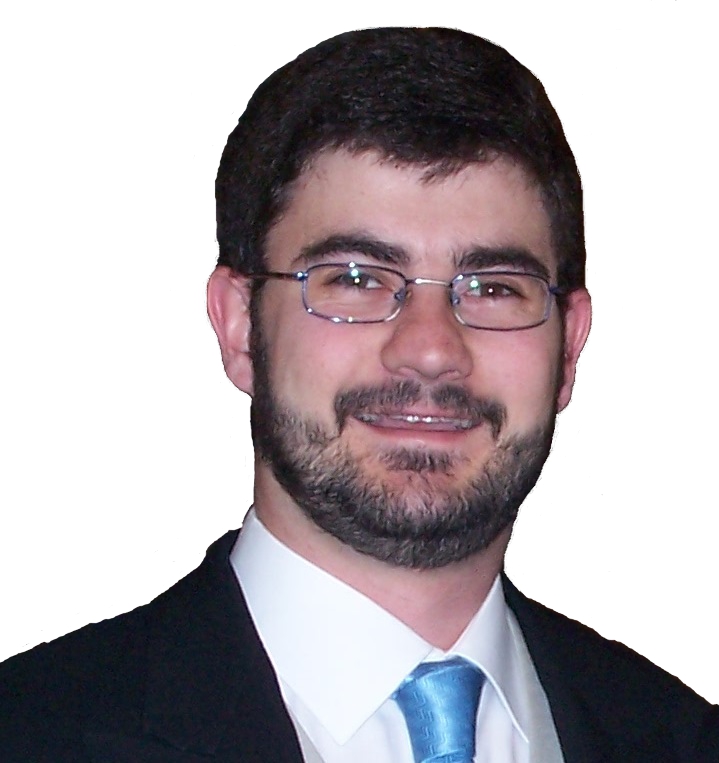 |
Dr. Jose Maria de Fuentes. Ph. D. in Computer Science (with distinction) by University Carlos III of Madrid (Spain) in 2012. M. Sc. in Informatics Technology by this University in 2008. His current research interests are security in Internet-of-Things and forensic analysis. He has participated in different national research projects such as SACO-ASCET (cybersecurity and cyberdefense), E-SAVE (VANET and ITS security) and CENIT-Segur@ (security and trust in Internet). He has published several papers in indexed Journals as well as international conferences. Furthermore, he is part of the Editorial Board and Programme Committee of several Journals and conferences. |
Navigation
Important Dates
- CySeP dates:
October 27 - 31, 2014
Registration deadline:
October 24, 2014
Poster/demo deadline:
October 20, 2014
Contact
- Panos Papadimitratos
- Email: papadim@kth.se
- Tel: +46 8 790 4263
(on campus, dial 4263)

